This week, 280 bishops, clergy and laypeople will convene in a Plenary Council to consider issues that will have a profound effect on the shape of the Catholic Church in Australia.
The Archbishop of Brisbane, Mark Colderidge, who is also the president of the Australian Catholic Bishops Conference pushed for the Council following the Child Sexual Abuse Royal Commission.
Archbishop Coleridge says “question of women” will be central to the deliberations of the plenary council, along with the role of the laity in the Church. Other issues on the agenda include how the church might “open in new ways to Indigenous ways of being Christian” and learn from First Nations peoples.
The first Plenary Council began with a Mass at St Mary’s Cathedral in Perth. The event runs until October 10, and will be conducted online.
As to be expected, it seems the Church is looking for ways to continue on its woke journey and find new methods to placate the mob, even though this insistence on modernising has led to dwindling congregations, except in parishes and orders that are faithful to tradition, doctrine and the Church’s Magisterium. Indeed, the conclusion of the Second Vatican Council heralded what one priest described to me as “our 40 years in the wilderness. We are like the Israelites wandering in the desert after the Exodus from Egypt.”
On the indigenous question, it seems that the Council will be re-inventing the wheel. All the delegates need to do is obtain and read a copy of the Salvado Memoirs, an account of the mission of the great Spanish missionary, Dom Rosendo Salvado, to the Aboriginal people of New Norcia, northwest of Perth. Anything else would reek of the inculturation practised in South America, encouraged by Pope Francis, with deleterious results.
Here’s some more food for thought for the Council delegates. An insistence on being counter-cultural, i.e., adhering to tradition and not seeking to dispose of it, is the key to “revitalisation”, even though I doubt any of Australia’s 45 bishops would be willing to admit it publicly. Have they forgotten the words of the Vatican II, which declared the Mass to the summit of the Church’s life?
My high school years were spent at Trinity College in Perth, which provided members of the Choir of St Mary’s Cathedral. At the Cathedral, the musical repertoire included Mass settings in Latin, hymns and polyphony. These gave me a sense of the sacred and of the beauty of the liturgy. As an inquisitive teenager, I yearned to know more about the history of the Church’s liturgy, since the Mass had been essentially unchanged from Apostolic times until the post-Conciliar reforms. As the Council stated in Sacrosanctum Concilium, “Holy Mother Church holds all lawfully recognized rites to be of equal right and dignity; that she wishes to preserve them in the future and foster them in every way.” Further, it was the express wish of the Council that Gregorian Chant and Polyphony be given pride of place in liturgical services, since they “express to the highest degree the purposes of sacred music laid down by the Church: the glory of God, the sanctification of the faithful, making prayer more pleasing, promotion of unity of minds and the conferring of greater solemnity upon the sacred rights.”
My search led me to discover the Traditional Mass. I remember attending a Solemn High Mass at Christmas as a 17 year old. The choir comprised young men maybe a year or two older than I. The majority of the congregation was made up of young families. This was a definite contrast to my parish at the time, where the congregation was ageing and young families were very much in the minority. At that Christmas Midnight Mass, I learnt more about my faith from the celebrant’s homily that night than in five years of high school Catholic education.
I am now 45 years of age and have been attending the Traditional Mass, in the main on Sundays and Feast Days, for more than 25 years. The Latin Mass Parish in Perth that we attend numbers more than 600. On Sundays, there are five Masses, and two on most weekdays, live-streamed every day.
At the Traditional Mass, I have not encountered people who wish to cause division in the Church, which the motu proprio Traditionis Custodes suggests. On the contrary, I know many joy-filled people who love their faith and stand foursquare with the teachings of the Church’s Magisterium. The Traditional Mass, as far as I can see, is a source of unity for the Church, not division. It is the earnest desire of those of us in the Latin Mass community to be part of the Universal Church, not separate from it.
The Traditional Mass, as I have observed, also draws people to the Church. We see so many young families like ours (we have two boys, aged 9 and 7) who, inspired by a love of their faith and the law of prayer being the law of belief, find in the Traditional Mass a sense of the sacred that allows them to give their children the greatest gift they can give, the gift of faith.
The Traditional Mass community is thriving with young people living their faith and showing their devotion with missionary zeal, inviting friends to experience what they experience and share it joyfully. Put simply, these young adults love going to Mass and participating in the community of the parish which, as a parent, is what I wish for own children. These are exactly the kind of people, I would have thought, the Church aspires to attract, since they are a source of growth and a living witness to a life-giving faith. They should be encouraged and supported, not discouraged.
None of this means, of course, that I do not like the Novus Ordo Mass. On weekdays I often attend Novus Ordo Masses. All my sacraments have been celebrated in the Novus Ordo, and yes, it can be celebrated very devoutly and prayerfully.
In other words, I don’t think you need a week to work out why there is a crisis in the Church and what can be done to remedy it. As St Matthew wrote in his Gospel (7: 16): “By their fruits, you shall know them”.
Dr Rocco Loiacono is a senior lecturer at Curtin Law School.
The views expressed in this article are those of the author and do not necessarily reflect the views of Curtin University.
Got something to add? Join the discussion and comment below.
Get 10 issues for just $10
Subscribe to The Spectator Australia today for the next 10 magazine issues, plus full online access, for just $10.

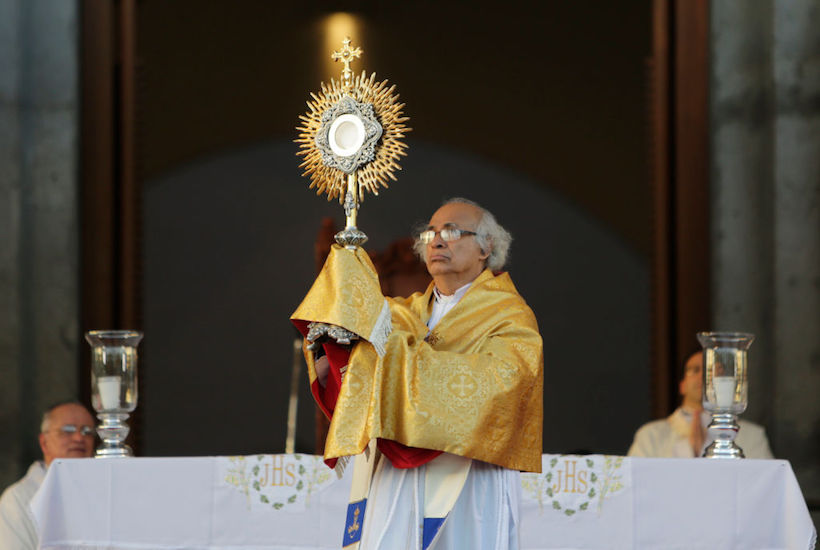
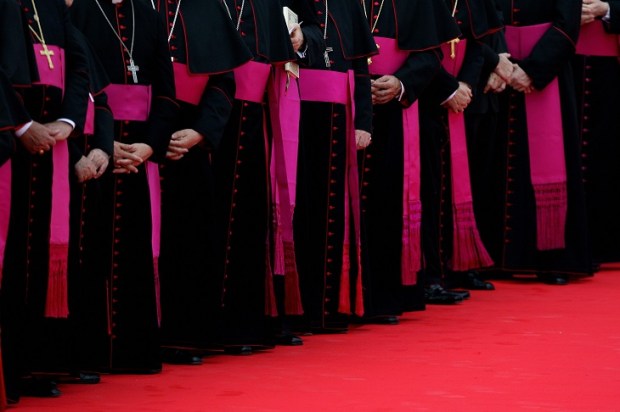
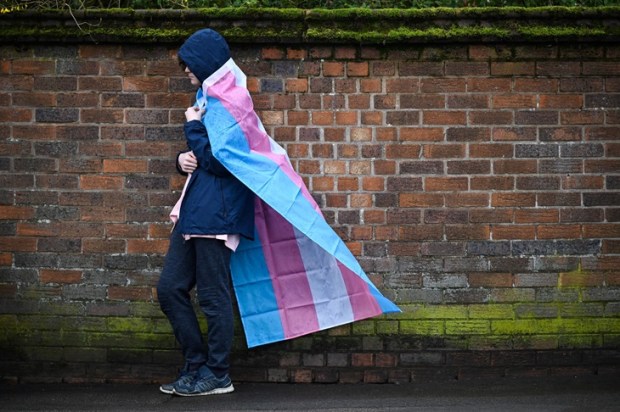
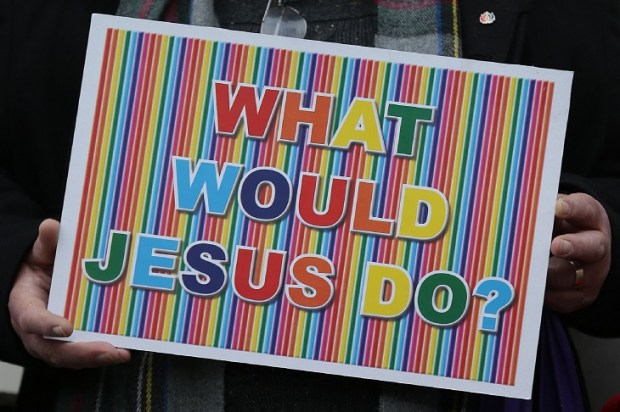
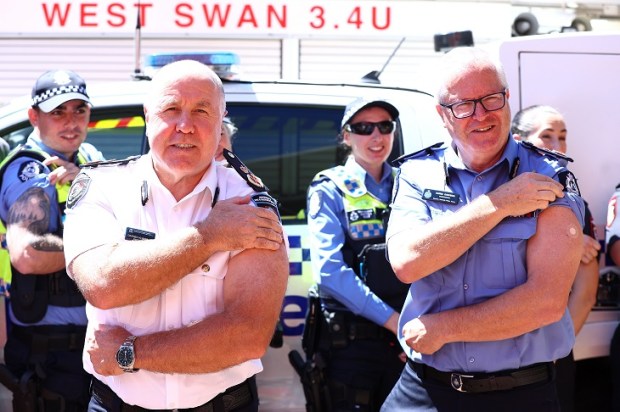
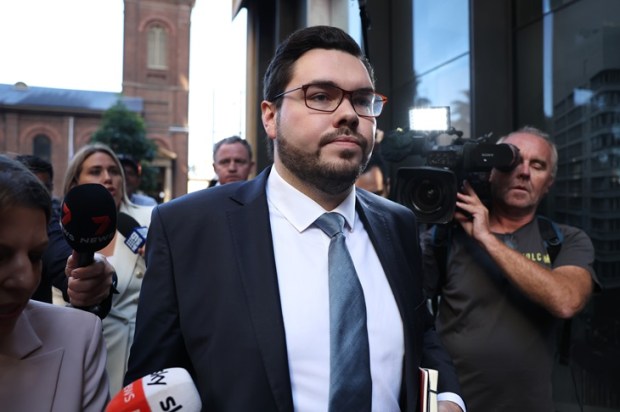



















Comments
Don't miss out
Join the conversation with other Spectator Australia readers. Subscribe to leave a comment.
SUBSCRIBEAlready a subscriber? Log in